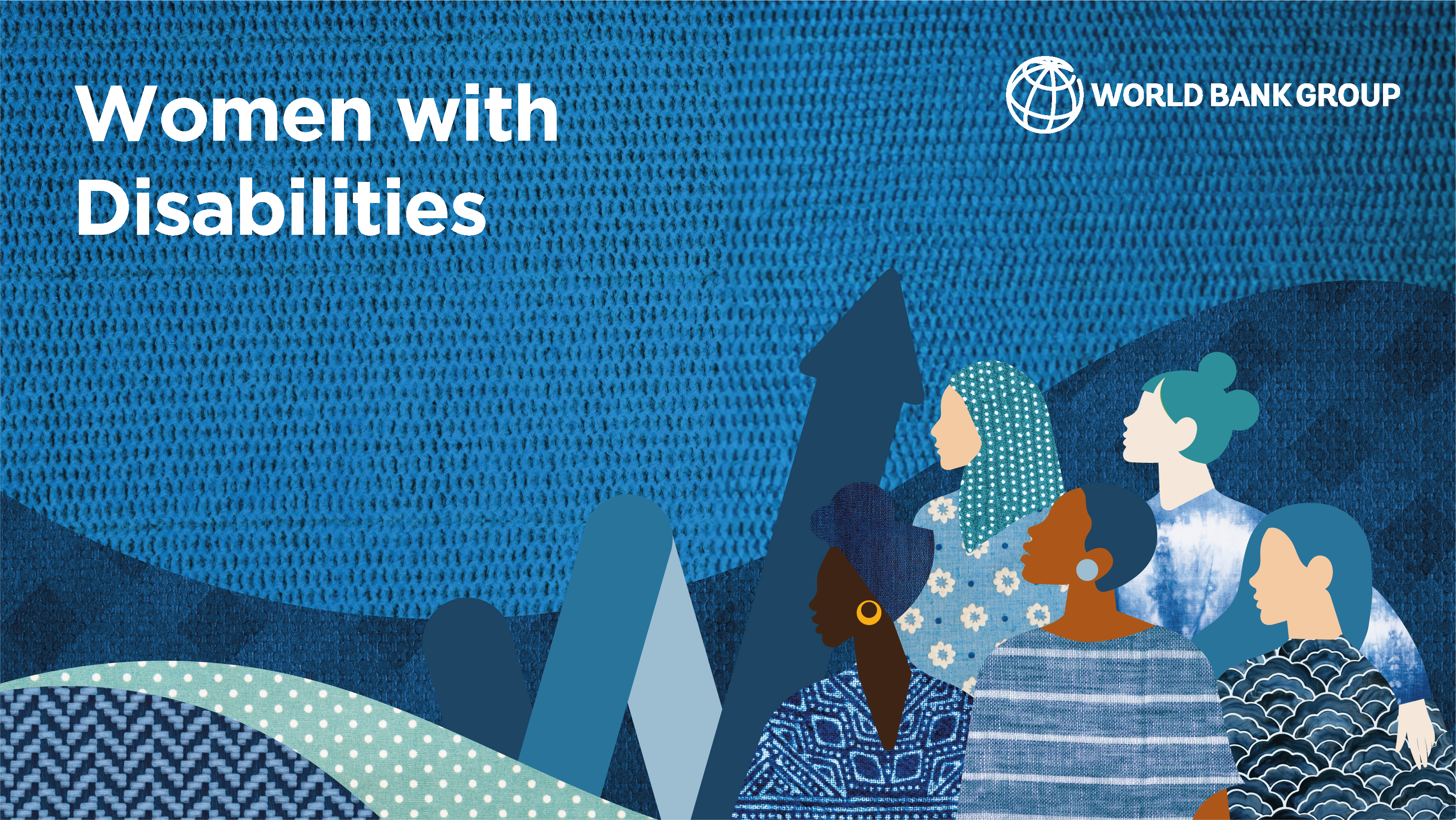Including Women and Girls with Disabilities in World Bank Operations - Toolkit
This toolkit highlights World Bank commitments relevant to women and girls with disabilities, examples of law and policy reform, and key barriers and solutions across several World Bank sectors, and it includes a checklist for Task Team Leaders (TTLs) to use throughout the project cycle. TTLs will benefit from the toolkit’s key questions and suggested indicators aimed to increase inclusion of women and girls with disabilities across Bank projects and a set of resources for additional support. The toolkit addresses measures to promote the socioeconomic inclusion of women with disabilities across several critical sectors: education; employment and entrepreneurship; social protection; gender based violence; health; digital development; water and sanitation; transportation and urban planning; fragility, conflict, violence; and disaster risk management. It seeks to support World Bank task teams, other development practitioners, and advocates in inclusive approaches to the design, implementation, and evaluation of all projects to better support women and girls with disabilities and address their intersectional needs.
